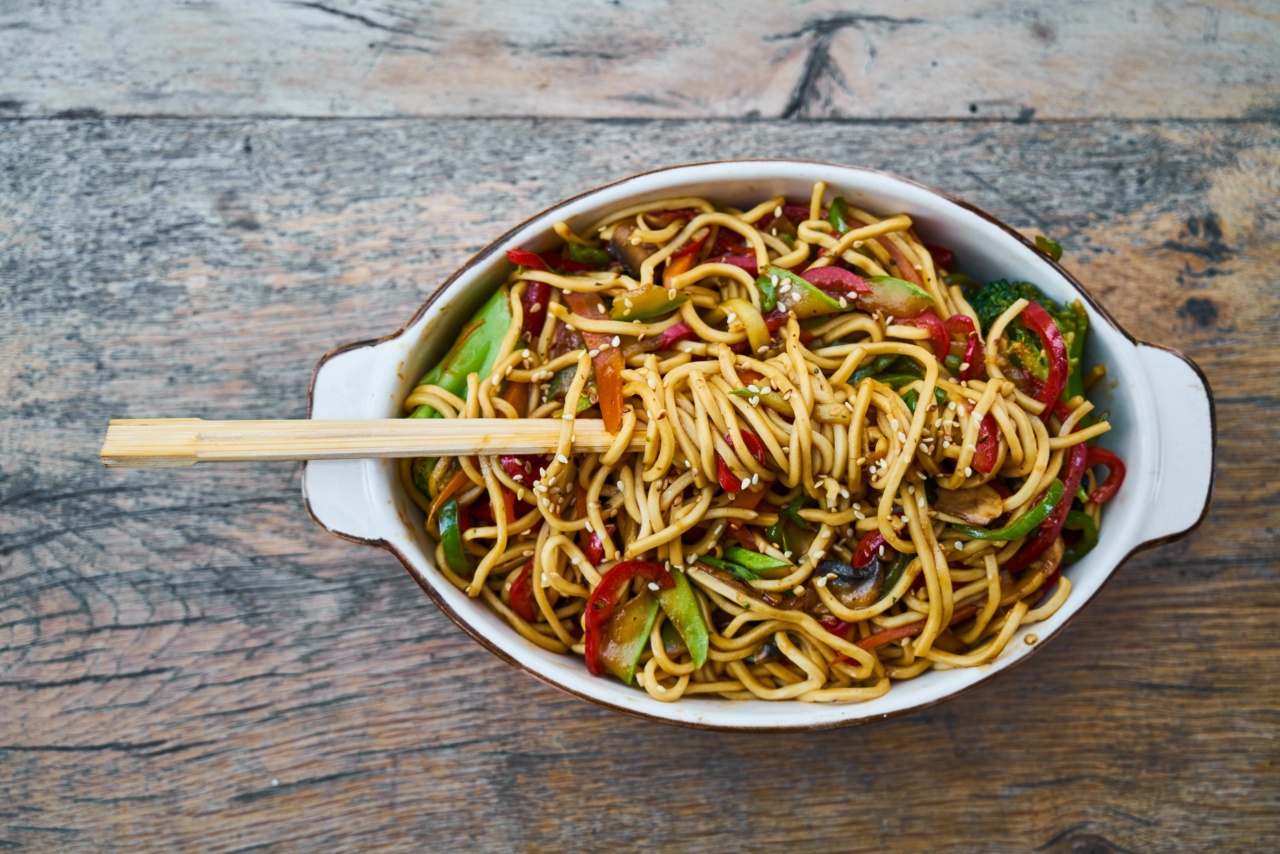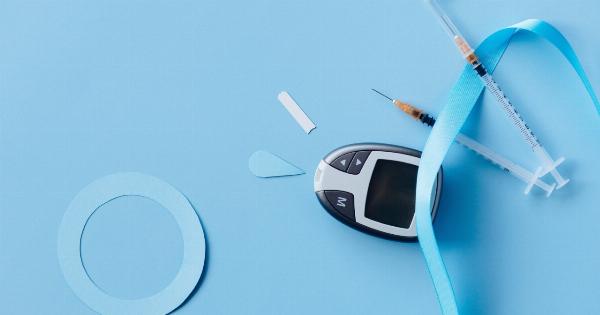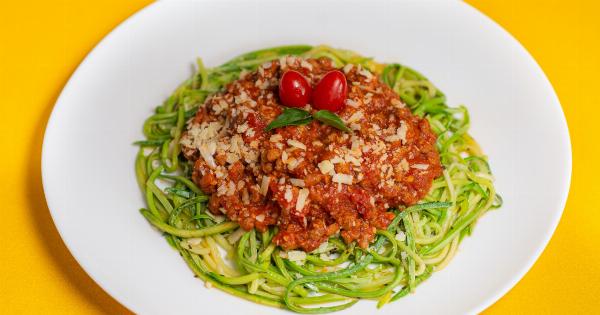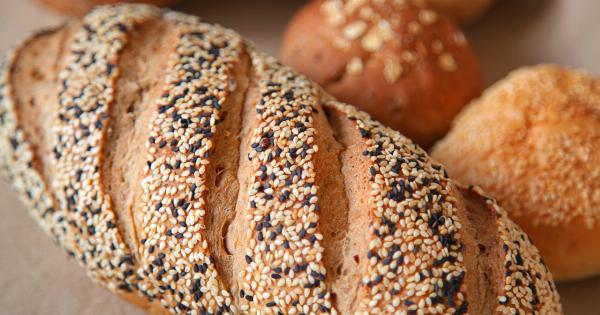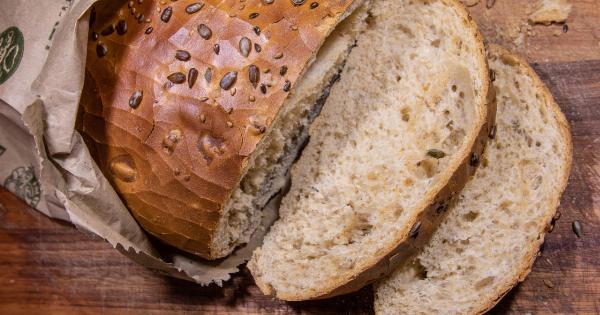Spaghetti is one of the most popular and delicious dishes in the world. It is easy to prepare, tastes great and can be enjoyed by individuals of all ages. However, many people wonder if spaghetti is affecting their health negatively.
In this blog post, we will take a closer look at the impact of spaghetti on your health and determine whether or not it is a healthy food option.
Nutrition Facts
Before we can determine the impact of spaghetti on your health, we need to examine its nutrition facts. Spaghetti is made from wheat flour, so it is a good source of carbohydrates. It also contains a small amount of fiber and some protein.
The sauce that is typically served with spaghetti is usually tomato-based and can add some additional vitamins and minerals to the dish.
The Good
When consumed in moderation, spaghetti can be a healthy food option. The carbohydrates in spaghetti can provide you with energy, and the small amount of fiber it contains can help keep you feeling full.
Additionally, the tomato-based sauce can provide you with some additional vitamins and minerals that your body needs to function properly.
The Bad
Unfortunately, spaghetti can also negatively affect your health. One of the biggest concerns is that most spaghetti dishes are high in calories. If you are trying to lose weight or maintain a healthy weight, you may want to limit your intake of spaghetti.
Additionally, many spaghetti dishes are high in sodium, which can lead to high blood pressure and other health problems if consumed in excess.
Healthy Spaghetti Alternatives
If you are concerned about the negative impact of spaghetti on your health, there are some healthy alternatives you can try. Whole wheat spaghetti is a good option because it is higher in fiber than traditional spaghetti.
Zucchini noodles are also a popular alternative because they are low in calories and high in nutrients. Finally, you can try making your own spaghetti sauce with fresh ingredients to control the amount of sodium and sugar in your dish.
Conclusion
So, is spaghetti affecting your health? The answer is that it depends on how much and how often you eat it. If you consume spaghetti in moderation and choose healthy options, it can be a delicious and nutritious addition to your diet.
However, if you eat spaghetti frequently and choose high-calorie, high-sodium dishes, it can negatively affect your health. It’s all about balance and moderation.
